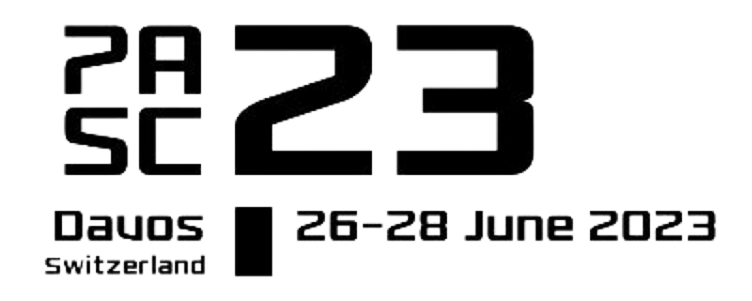Presentation
Physics-Informed Machine Learning for Reduced Lagrangian Modeling of Turbulence: Lagrangian LES
Presenter
DescriptionObtaining accurate numerical solutions of turbulent flows with Direct Numerical Simulation (DNS) is intractable for most practical applications. Thus, building efficient, accurate, and generalizable reduced-order models for turbulent flows remains of great interest, however, this demands new and creative methods. We approach these challenging problems by incorporating modern advances in Machine Learning, together with Lagrangian-based frameworks, such as Smoothed Particle Hydrodynamics (SPH), to model homogeneous isotropic turbulence at coarse-grained scales. In this talk, we demonstrate two approaches for learning reduced Lagrangian models: (1) using parameter estimation techniques for exploring a hierarchy of physics-based and Neural Network (NN) based parameterizations of SPH, and (2) generalizing the evolutionary equations of Lagrangian particles with extended, physics-informed NN structure and functional freedom to construct a Lagrangian Large Eddy Simulation (L-LES) framework. The models are trained on Lagrangian particle data obtained from highly resolved weakly compressible DNS data with periodic boundary conditions and a turbulent Mach number of 0.08. In each case, varying degrees of physical symmetries are enforced in the model which we show improves the generalizability to different time scales (in-distribution test set) and turbulent Mach numbers (0.04, 0.16) (out-of-distribution test sets).
TimeMonday, June 2617:00 - 17:30 CEST
LocationDischma
Session Chairs
Event Type
Minisymposium
Computer Science, Machine Learning, and Applied Mathematics

